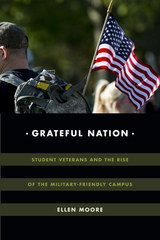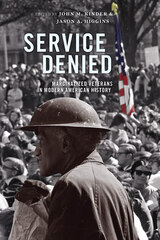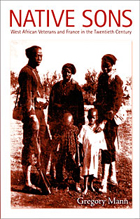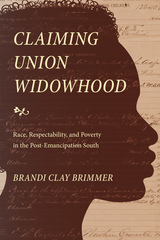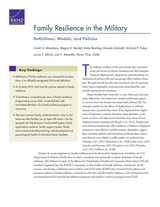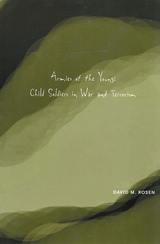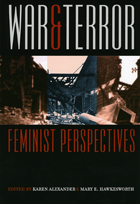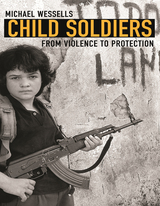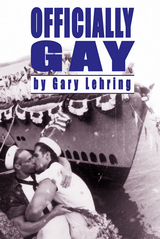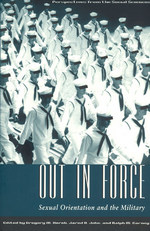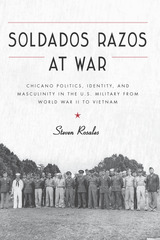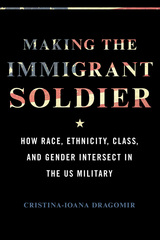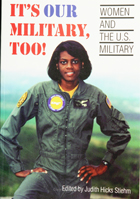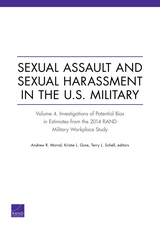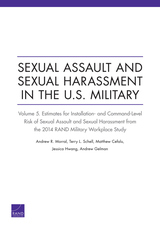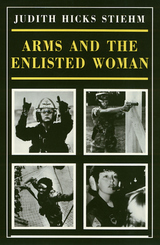War & Terror: Feminist Perspectives
University of Chicago Press, 2008
Paper: 978-0-226-01299-5
Library of Congress Classification UB416.W37 2008
Dewey Decimal Classification 355.0201
Paper: 978-0-226-01299-5
Library of Congress Classification UB416.W37 2008
Dewey Decimal Classification 355.0201
ABOUT THIS BOOK | AUTHOR BIOGRAPHY | REVIEWS | TOC
ABOUT THIS BOOK
Traditional academic investigations of war seldom link armed conflict to practices of racialization or gendering. War and Terror: Feminist Perspectives provides a deeper understanding of the raced-gendered logics, practices, and effects of war. Consisting of essays originally published in Signs: Journal of Women in Culture and Society, this volume offers new insights into the complex dynamics of violent conflict and terror by investigating changing racial and gender formations within war zones and the collateral effects of war on race and gender dynamics in the context of two dozen armed struggles. Seldom-studied subjects such as the experiences of girl soldiers in Sierra Leone, female suicide bombers, and Pakistani mothers who recruit their sons for death missions are examined; women’s agency even under conditions of dire constraint is highlighted; and the complex interplay of gender, race, nation, culture, and religion is illuminated in this wide-ranging collection.
See other books on: Feminist Perspectives | Hawkesworth, Mary | Terror | Women and the military | Women and war
See other titles from University of Chicago Press

